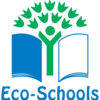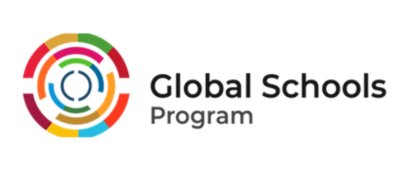Our Learning Areas in Education
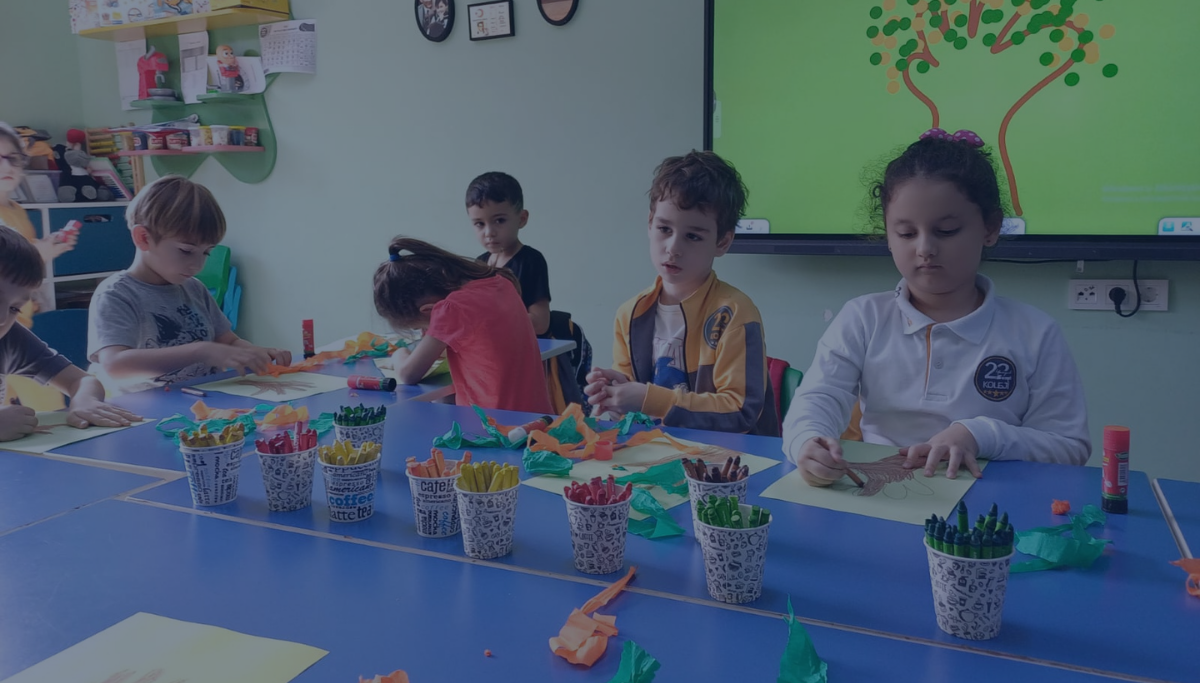
22.Yüzyıl Kindergarten has a developmental and child-centred programme that supports all developmental areas of our students. In order to make child development permanent, the skills aimed to be gained are included in a spiral order.
The programme includes activities from simple to complex, aimed at the same goal at certain intervals but prepared in different ways, and allows the child to progress at his/her own individual pace. In the programme, which is supported by educational materials, environments with rich stimuli are prepared for children and they are offered the opportunity of vital experience.
Learning by exploring, experiencing and playing forms the basis of our educational curriculum. In addition to the rich curriculum in our kindergarten, workshops and family participation activities are also implemented in the 3-4-5 and 6 age groups, where our children, the happy individuals of the future, get to know and discover themselves.
Our education programme is planned by taking the following points into consideration;
– The child’s age, developmental characteristics, interests and needs, close environment and individual differences are taken into consideration.
– Considering that the child’s development is a change that requires continuity, it is aimed to develop in multiple directions, not one-way.
– In play, the child learns to learn, recognises himself/herself, comprehends the necessities of life and achieves self-confidence.
– It is based on the child’s gaining a sense of confidence and positive self-perception.
– Children’s potential is revealed.
– Correct pronunciation of Turkish words, speaking Turkish in accordance with stress and intonation are aimed.
– Social, emotional and cognitive preparation for primary education is aimed.
The forms of expression, methods and techniques we apply in our lessons; Problem solving and thinking activities;
These are activities in which children develop thinking skills such as attention, planning, problem solving, asking questions and decision making. Children are asked about problem situations that they may encounter frequently in daily life. Children are expected to develop different possible solutions to the given problem situations and to estimate the possible causes of the problem. These questions play an important role in effective decision making, establishing cause-effect relationships and problem solving skills.
Learning through play;
Children learn many things about life and social life through play. Sharing, helping, waiting for a turn, respecting the rights of others, classification, sequencing, balance, counting, language expression skills are learnt and developed in and during play. Play provides a unique environment for physical, emotional, social and cognitive development.
Together with the game, our children develop;
1. Empathy; Understanding their own emotions, being able to recognise the emotions of others by using visual and auditory clues, being tolerant of individual differences.
2. Problem solving skills; Defining the problem, producing a solution and choosing and applying the appropriate solution.
3. Impulse control; Waiting for his/her turn, adapting to rules, controlling inner voices.
4. Anger control; coping with the feeling of anger.
5. Self-expression skills; Expressing feelings and thoughts in appropriate ways.
6. Assertiveness skills; Being able to participate in a group of friends, being able to express their opinions in a group, being able to claim their rights, their capabilities, being able to cope with injustice, being able to get help.
7. Positive self-perception; Developing self-confidence, recognising and expressing positive qualities in oneself, gaining insight into one’s capabilities.
8. Sharing with a group of friends; Participating in a game, starting a conversation, saying thank you, recognising others, joining a group.
9. Acting in a group; Group games are played with the children to develop social skills such as complying with the division of labour, being included in the group, and group games are played with the children and the needs of the group, in which our guidance counsellor also participates in the games and makes observations.
Art activities;
These are activities in which we create opportunities for children to look at the world with different eyes and ensure the continuity of the creative perspective that already exists in them.
I research, learn and share information;
These are activities in which children research and learn words and concepts that they may have heard for the first time with the support of their families. It is an activity in which our children share information by preparing the word they have learnt with visual pictures and explaining it to their friends.
Show – Tell activity;
In our Show – Tell activity, children show the items and objects they have brought from their homes and chosen by themselves to their friends in front of the group and introduce them to them about these objects.
The aim of the activity is to enable the child to establish a connection between home and school. It is to create an opportunity for the child to express himself/herself in front of the group through an object, photograph or toy, to listen to others, to generate questions, to make comparisons and to support language development.
Life skills workshop;
In an ever-changing environment, having life skills is an important part of coping with the challenges of daily life.
It includes workshops where our children can express themselves freely in order to discover and develop their hand skills accompanied by our teachers in our specially prepared workshop.
Life skills provide children with important tools for development such as independent thinking, how to socialise and make new friends, and how to take action when an individual is not around. Because unlike motor skills and basic intelligence, executive function and decision-making skills are not innate but learnt.
In short, life skills are everything about life.
High-Scope Active learning;
Recognised as learning by doing, active learning is a form of learning in which children develop new ideas and understandings by interpreting their experiences.
Scamper Thinking differently;
It is the activity of thinking differently. In activities using different thinking, imagination, creative thinking intuitions, children develop their skills with objects. It is a fun brainstorming method. In activities using the Scamper technique, children answer open-ended questions about objects. In a sense, these questions are a driving force to gain different thinking skills. It develops children’s thoughts, gives them the courage to make discoveries, and provides them with the opportunity to practice to develop their creativity.
We apply the scamper method based on the philosophy that ‘every idea is born from another existing idea’. With this method, children’s creative thinking and mental development are supported by taking steps to change or combine their thoughts.
Project work;
The ‘project approach’ method developed in Reggio Emilla schools is a method that gives importance to the process in educational environments and emphasises the importance of the individual’s learning style.
By using the project approach method in our kindergarten, our children;
– Develop a positive attitude towards learning,
– Problem solving skills,
– Questioning,
– Reflexive thinking,
– They find the opportunity to develop their skills such as establishing a cause and effect relationship.
Development of social and emotional skills and self-confidence;
The child who meets self-care skills on his/her own will be self-confident with the thought of ‘I can do it’. For this reason, it is very important for us to gain physical independence and competence based on the philosophy of ‘give me the opportunity to do it myself’. The child who meets his/her own needs such as feeding, cleaning, toilet, dressing and undressing, etc. will also use tools such as pencils, paints, scissors, etc. in accordance with their purpose.
Turkish language activity;
Language development is a process that goes parallel with mental development. A child who speaks his/her mother tongue correctly and properly is successful and comfortable in expressing himself/herself, describing events and situations, understanding what is said, and transferring what he/she understands. This is a process that affects the child’s cognitive development as well as his/her emotional and social development. It is also a factor that plays a major role in the development of the child’s self-confidence. For this reason, Turkish language activities are of great importance in 22nd Century Kindergarten. We support the Turkish language development of our students with our inquiry themes, story creation, animation, narration, story cards, and listening …etc..
Discovery of interests and talents;
There is a way in which every student can learn easily and there is a skill area in which every student is talented. As educators and parents, it is important to carefully observe the interests and talents of children and discover the areas where they feel strong. In our kindergarten classrooms, multiple intelligence teaching areas such as visual, physical, natural and musical intelligence are used. By using our children’s interests and abilities in these areas as a tool, we aim to make education and training environments enjoyable, thus increasing learning opportunities.
Preparation for primary school;
Within the scope of primary school preparation activities, it is the whole of the activities that we make a part of children’s daily lives and support skills such as sound awareness, print awareness, vocabulary, listening comprehension or expression. It is an activity that aims to develop children’s mental functions, gain knowledge of numbers and concepts, and prepare them for primary school. Through this activity, the child learns basic academic knowledge in accordance with his/her age and level.
In our 22nd Century College Preschool department, our children who have successfully completed their preschool education are given priority in 22nd Century College Primary School quota. Our pre-school teachers transfer the evaluations about our children who pass to primary school 1st grade to the guidance notification.
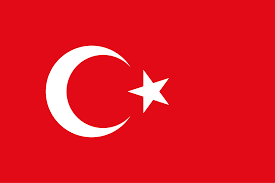 Türkçe
Türkçe
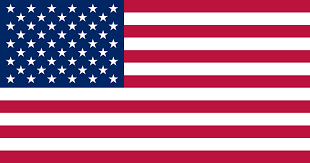 English
English


